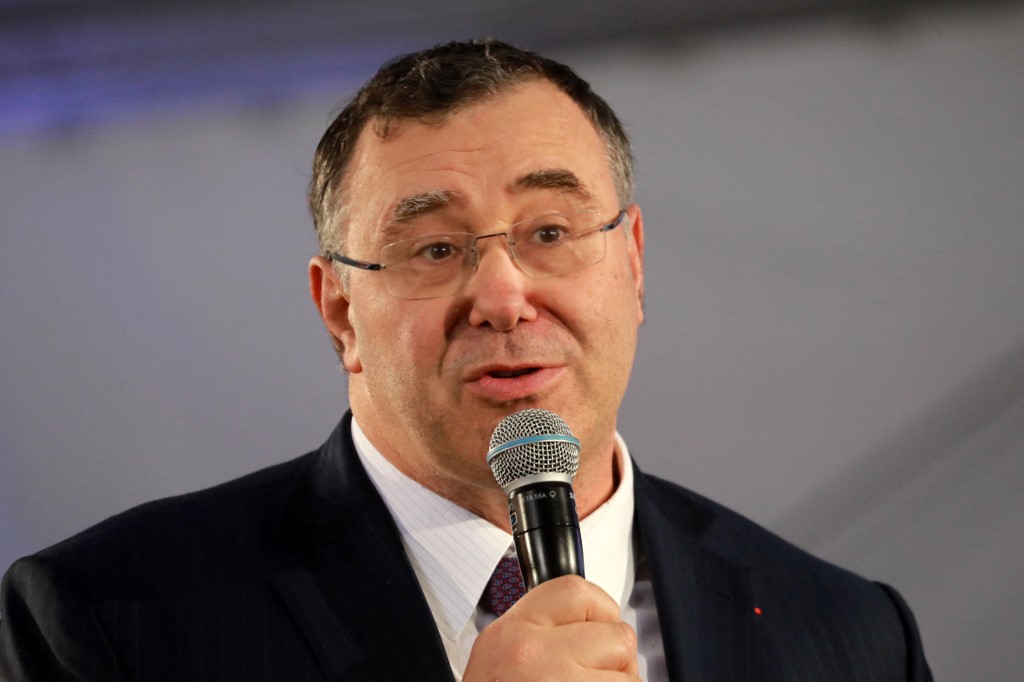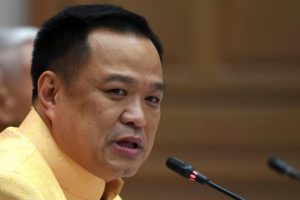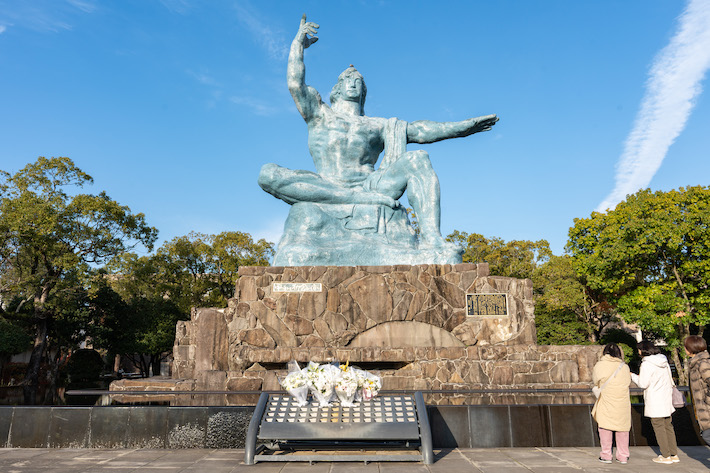(ATF) French oil and gas major Total finds itself in the geopolitical crosshairs over its decision to remain in Myanmar while other corporate giants are pulling up stakes.
Total chief executive Patrick Pouyanne said his decision to stay the course and continue to produce natural gas and pay taxes to the military junta that seized power on February 1 was to protect staff from prison or forced labour and “to avoid further worsening the living conditions of the people by depriving millions of electricity.”
“Stopping gas production in protest against political developments would expose workers to a terrible situation,” he wrote in a Le Journal du Dimanche newspaper op-ed on Sunday.
However, he said Total is shelving plans to develop more gas off Myanmar’s west coast and halting its gas well drilling campaign, adding that the company would donate the equivalent of the taxes owed to human rights associations.
Total began operations in Myanmar in 1992, then also under a military government. It employs around 250 people in the country, while the Yadana offshore gas field, which it operates, provides around half the electricity for Yangon’s nearly five million residents. The rest of the field’s gas is piped to neighbouring Thailand.
International pressure mounts
Total, as well as other international corporations operating in Myanmar, have been under increasing pressure from both domestic and international human rights organizations and activist investors to pull up stakes instead of continuing operations and paying taxes to the military government.
So far, Australian-based energy giant Woodside Petroleum and Japanese drink conglomerate Kirin Holdings are among those that have already left the country.
South Korean steel heavyweight Posco is also weighing if it should exit Myanmar, and if so, how to pull the plug without losing an enormous amount of money already invested in the country, including a gas production joint venture.
The company could either sell its 70% stake in a joint venture with Myanmar Economic Holdings Ltd (MEHL) or buy out its partner’s stake. MEHL for its part has already been placed under sanctions by both the US and UK governments.
Not only will Total have to micro-manage its operations in an increasingly volatile political environment but it must also weigh the impact on its corporate image, which in recent years has been enhanced as the company continues to make a stark green pivot away from fossil fuel production to more renewables, all in line to achieve carbon neutrality by 2050.
Total’s quandary also highlights how Myanmar’s ongoing crisis will hurt its natural gas sector, whose overall production levels are dropping rapidly.
Gas problems afoot
This is already playing out. On April 2, Malaysian state-run oil and gas major Petronas declared force majeure at its Yetagun gas field offshore Myanmar due to declining production with most of that gas previously earmarked for export to Thailand. At its peak, the field produced 300 million standard cubic feet per day (mmscf/d), but by late 2020 that production had dwindled to only 60 mmscf/d. Government estimates have already stated that the field would run dry by 2023.
Petronas’ Yetagun gas stoppage will force Thailand to purchase more liquefied natural gas (LNG) on the Asia spot market, helping LNG producers offload uncontracted volumes in a still somewhat saturated market. Thailand has seen its own offshore domestic gas production decline in recent years, forcing state run PTT to both develop more LNG import infrastructure, as well as invest in the natural gas value chain globally to ensure needed supply.
Myanmar’s unrest will also impact the country’s pipeline gas exports to China, a precarious situation given Beijing’s concern over its energy supply, particularly at its own border.
China started importing gas from Myanmar via a 794-kilometer pipeline with a parallel crude oil pipeline in 2013. However, since its inception, China’s gas imports from Myanmar have dropped from around 6% of its total gas imports to just under 3% in 2020.
Woes in Mozambique too
Total’s geopolitical woes however aren’t limited to just Myanmar.
On Friday, the company withdrew all its staff from its Afungi natural gas site in northern Mozambique, amid nearby clashes between Islamic State-linked fighters and the military.
A week earlier, Total cancelled its plan to resume construction at the $20 billion development due to the ongoing violence and carnage.
























